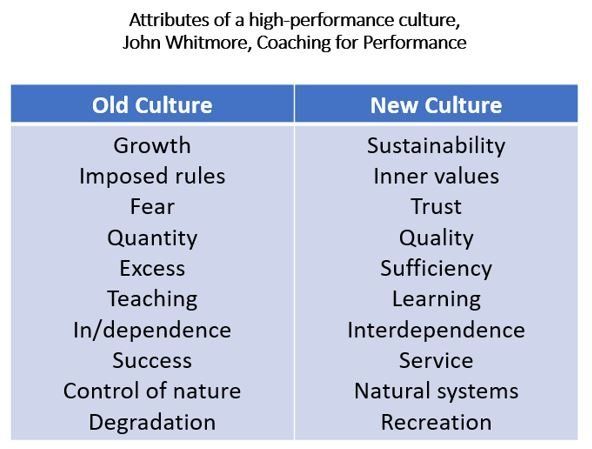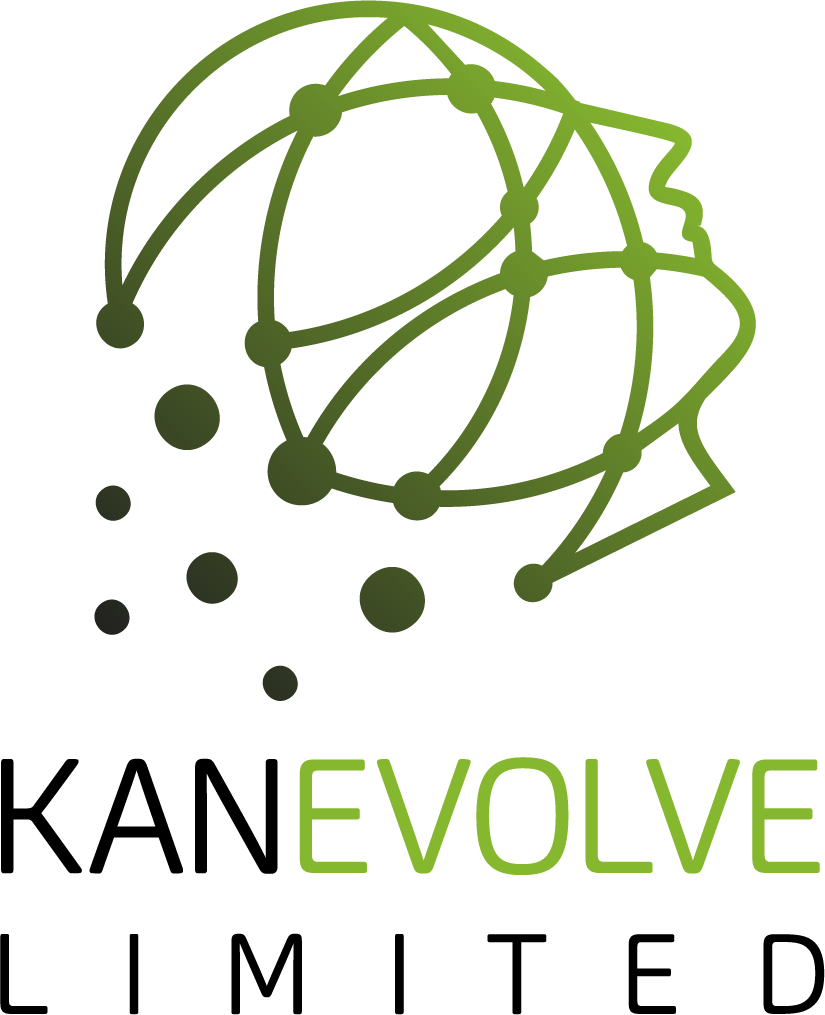School Leadership & The Paradox of Spiritual Intelligence.

06:30, October 2018, Annapurna mountain range, Pokhara, Nepal. I am sitting alone watching the sun rise at the top of the Earth. I am surrounded by jaw-dropping beauty and the kind of stillness only the mountains can offer. I am happily married, have a rewarding and successful career, a loving family and wonderful friends. At the age of 51, right here, right now, I should be the happiest and most relaxed I have ever been in my life. But I’m not. Shockingly, I feel quite the opposite.
I never truly believed in the Romantic notion of epiphanies on mountain tops; nor did I understand the need for people to “find themselves” in the sub-continent. But it happened. I left London a Director of a Multi-Academy Trust that I loved and respected; unexpectedly, I was returning home determined to change my career and life forever.
Five months later, I am a performance coach and consultant. But, it’s taken me until now to appreciate what happened and gradually recognise any insights I might be able to pass on to other leaders. No coincidence that this is my first blog as Kaneolve Consulting.
Months later, after launching my consultancy business, via periods of self-doubt and utter darkness, I found myself building a shed in my garden. Build something, anything. Just be useful! It was the day after Ben Wishaw received his Golden Globe for his role in 'A Very English Scandal,' and whilst struggling to make sense of roof panels, clout nails and trusses, I found myself reminiscing about the years I taught Ben Drama and Theatre Studies. The golden years of my teaching career! A time when I believed in who I was, made young people believe in themselves, and relished every single minute of every single day. The pillars of creativity, imagination, innovation and heresy drove our performing arts department to be “one of the best in the country” (as judged by a chief examiner at the time).
When did I stop being that person? Why did leadership lead me away from the very things that made young people excited about learning? How had I become that person on the mountain top? The one I no longer recognised.

So, I went “back to school” and began to unpack the last 20 years
of my career. For the first time in my
professional life, I had time to read (really read!): to pause, reflect, and
act. The mere act in itself made me
ponder about how much time we furnish our leaders with the liberating act of
reflection! (Maybe another blog)! Crehan, Robinson, Whitmore, Coleman, Leighton,
and Godin (to name but a few) became my coaches. I was reminded of past lessons and discovered
new ideas. For the purpose of this blog,
I want to focus on one simple narrative:
the importance of spiritual
intelligence
and the subsequent paradox
of educational leadership
.
Spiritual Intelligence.
I don’t mean spiritual in a religious sense. I mean Mitroff and Denton’s spirituality, ‘the basic desire to find ultimate meaning and purpose in one’s life and to live an integrated life.’ Often called SQ, it’s about transcending self and being worthy, to believe that you can provide solutions to small and big problems. There are great leaders in our schools who believe in their meaning and purpose; we hear the words vision, mission and values being bandied around all the time (I know I certainly did). But, in most cases, at best, these are words in a strategic model, at worst, they launch a training day once or twice a year and then people carry on as they always have.
Thanks to my work with the amazing Undiscovered Country (and Roy Leighton), I was introduced to Dan Pink’s RSA Animation, “ Drive.” It’s a must watch and considers the drives that motivate us. The ‘transcendent purpose motive’ (spiritual leadership) is becoming the key driver, particularly for those more complex actions that require cognitive skill. The ‘profit motive’ remains important, but only if securely and deeply connected to purpose.In a school system that has been driven almost entirely by examination outcomes, or ‘profit motive’, and by the right-wing political dogmas such as market forces, we have become disconnected from the very thing that made us become teachers in the first place. I have always accepted the importance of weighing the pig; John Whitmore agrees, ‘If you don’t measure something, how can you change it?’ However, Whitmore also argues that SQ is the driver for Maslow’s level of ‘self-actualisation and the mindset of interdependence.’ But measuring something in itself won’t improve it. So, the more “inspectorial” we become, the more preoccupied with a judgement culture we are, the less freedom we give leaders and teachers to truly collaborate and create.

Change from What to What?
As I climbed the leadership ladder, my responsibilities widened, but the cultural landscape upon which I worked narrowed. Yes, it’s changing and, as we start to distance ourselves from results-driven evaluations of school effectiveness, there is a great deal of reason to hope.
But, there is much to do if we are to build a system-wide coaching culture that moves us away from fear and accountability and towards the conditions necessary for high performance.
As a leader, I recognised the old paradigm of hierarchy, external motivations, and pressure all too well. As Whitmore suggests, we need to rediscover the spiritual driver that ironically we all start out with; we need to co-create a new paradigm similar to those that exist in high performing school systems in other parts of the world. A paradigm that I believe MATs are well-positioned to deliver.
At the recent Educating Northamptonshire conference, Sir David Carter talked about the future of the MAT movement. He pointed out that only a third of “Outstanding” schools inspected since September 2018 have ‘kept their outstanding badge.’ What does this suggest about the nature of school effectiveness? What does it suggest about the importance of leadership culture? A key focus in his piece was how MATs can create the conditions for sustainable high performance. Essentially, we must return to culture; to the beliefs and values within an organisation. But how do you do that? Carter reiterated that we must focus on the relationships within a school or MAT. All the relationships.
This brings us back to spiritual leadership approaches; develop the human capital to create collective responsibility that will lead to sustainable performance and growth.

So, why paradox?
Well, in all my years in education, I only met one teacher who got out of bed in the morning not wanting to make a difference. Teachers are, by their very nature, “spiritually intelligent”. The very act of teaching requires self-actualisation; great teachers go beyond self in order to do something truly worthy, in spite of external (and internal?) interferences. In schools across the world, teachers already have those skills and qualities that the most successful CEOs in business are searching for. Yet, it seems to me that, as we grapple with volatility in policy and global upheaval, the profession is less agile than it needs to be. The most powerful way to achieve spiritual leadership, one that has purpose and meaning as the driver of change, is through coaching. The best organisations understand that ‘Coaching is the leadership style of a transformed culture’ (Whitmore, 2017).
Increasingly, in a world that faces its greatest challenges, the Gen-Y workforce places purpose and meaning, spiritual intelligence, front and centre in terms of what drives them. And businesses are responding to that. Large global companies are paying attention to the SQ factor, adapting their cultures, and reaping the benefits. There is a strong sense, it seems, that future Governments will not hold the answers to technological innovation, demographic changes, populist movements, and environmental challenges. The solutions will lie with business and education, with the next generation who will need to be resilient and innovative, who will need to “buy in” to a purpose and meaning that is greater than the individual. If that is to happen, then leadership (as a verb not a noun) must embrace change that is both necessary and inevitable.

